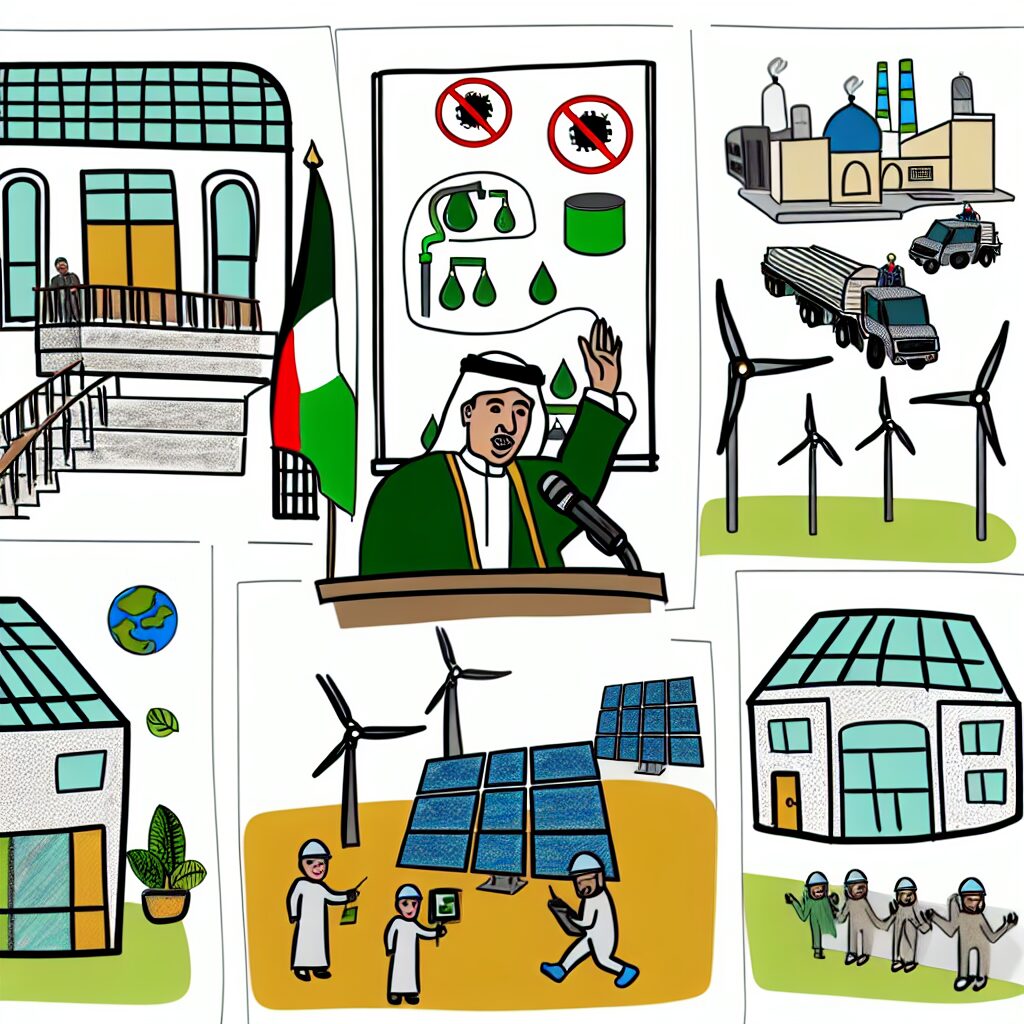The move towards sustainable and environmentally friendly building practices is gaining significant momentum. Recently, the Energy Minister made a groundbreaking announcement that promises to reshape the landscape of new constructions in the coming years. By 2028, new builds will no longer be permitted to install oil furnaces, signaling a bold step towards reducing the nation’s carbon footprint.
Why Ban Oil Furnaces?
Oil furnaces have long been a staple in many homes due to their reliability and efficiency in heating. However, they come with their fair share of environmental negatives. Burning oil for heat generates a substantial amount of carbon dioxide, a greenhouse gas that contributes to global warming. The elimination of oil furnaces from new constructions is a proactive measure in the fight against climate change. This ban aims to push builders and homeowners towards greener, more sustainable heating solutions like electric heat pumps and solar-powered systems.
The Timeline: 2028
Setting the year 2028 as the deadline gives ample time for builders, consumers, and the industry to adapt to the upcoming changes. This transition period is crucial for the smooth phasing out of oil furnaces. Additionally, with advancements in technology, alternative heating solutions will become more efficient and cost-effective, making the transition easier for everyone involved.
Impact on Builders and Homeowners
Builders and contractors will need to update their construction plans and practices to comply with the new law. This includes investing in training for employees to handle and install alternative heating systems. For homeowners, this change might initially seem like an added expense. However, the long-term benefits, both environmental and financial, outweigh the initial costs. Greener heating solutions often come with incentives and rebates from the government, making them a smart and sustainable investment.
The Role of Renewable Energy
The ban on oil furnaces coincides with the country’s broader push towards renewable energy sources. Solar, wind, and geothermal energy are becoming increasingly viable options for residential heating. As technology continues to advance, these renewable energy sources will become more accessible and affordable for everyday homeowners. This shift aligns perfectly with the national and global goals of minimizing carbon emissions and promoting sustainable living.
Public Response and Expectations
The public response to the Energy Minister’s announcement has been mixed, yet largely positive. Environmental activists and organizations have hailed the decision as a necessary step towards safeguarding the planet for future generations. On the other hand, some skeptics question the feasibility and economic impact of such a significant change. However, the government’s commitment to supporting the transition financially and logistically has helped in assuaging some of these concerns.
Looking Ahead
The push to ban oil furnaces in new builds by 2028 is more than just a regulatory change; it’s a step towards a more sustainable future. While challenges lie ahead, particularly in terms of infrastructure and cost, the long-term benefits are undeniable. Reduced greenhouse gas emissions, a smaller carbon footprint, and a healthier planet are all worthy goals that justify the efforts and investments required.
As we move closer to 2028, it is crucial for all stakeholders—government bodies, builders, and homeowners—to work together. Collaboration and innovation will be key to ensuring the successful implementation of this new policy. The Energy Minister’s ambitious plan is a call to action for everyone to take part in building a greener, more sustainable future.
Source
Liberal energy minister promises ban on oil furnaces for new builds as soon as 2028

